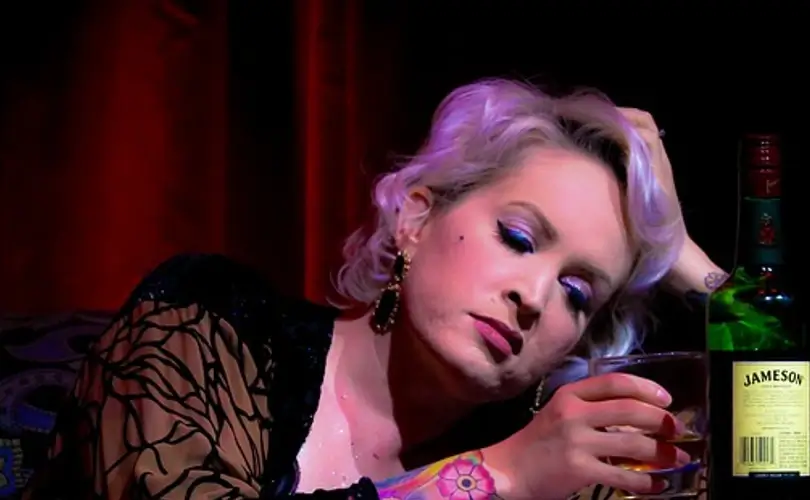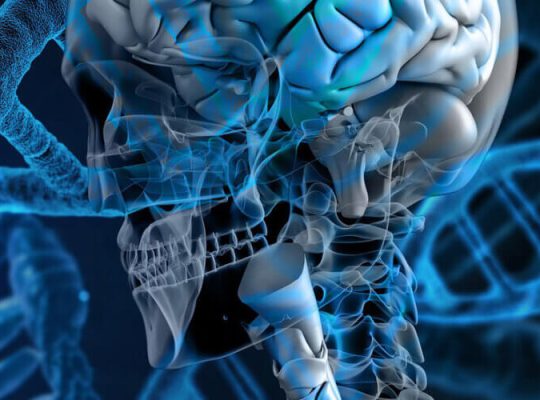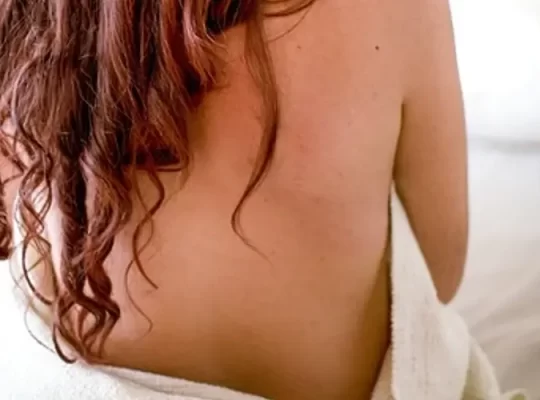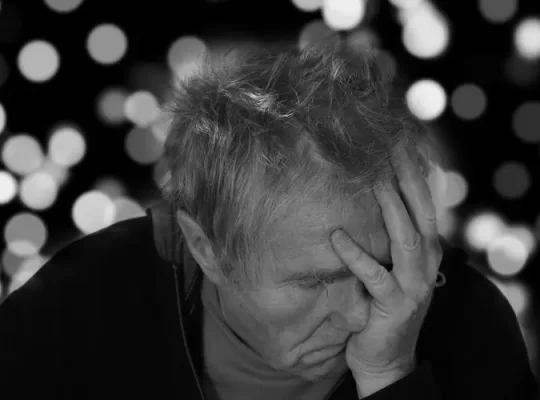There are many reasons why alcohol consumption and adequate quality sleep are not compatible. Here are a couple of examples: Alcohol disrupts your internal clock, causes dehydration, and messes up the ratio of different sleep stages, all hindering you from entering the rapid eye movement (REM) sleep phase. However, the fact that alcohol consumption is followed by a groggy morning is perhaps the most compelling argument against drinking and sleeping together.
Drinking Alcohol Increases Your Risk of Dehydration
Drinking too much alcohol before bed can throw off your body’s internal clock, leading to more frequent bathroom breaks and an earlier wake-up call in the morning. It also reduces productivity, which makes it harder to regulate sleep schedules. One or two alcoholic beverages each day is the necessary maximum. If you plan on drinking alcohol later in the day, you shouldn’t stay up too late or hydrate with fluids. Since alcohol causes dehydration, it is better to drink more water the following day than to cut back on your water intake the night before.
Drinking Messes with Your Internal Clock
Drinking messes with your body’s circadian clock, which controls your organs’ and systems’ natural daily rhythms. Alcohol consumption alters this cycle because it raises blood levels of the hormone adenosine. Because it regulates when we sleep and wake up, this hormone can keep you up past your regular bedtime if you consume it right before bed. Furthermore, alcohol inhibits the body’s natural response to the cues offered by light.
Having a Few Drinks Disrupts Your Natural Sleep Cycle
Research has found that consuming alcohol alters the typical order of REM sleep. Ingesting a lot of alcohol increases the time spent in deep sleep during the first few cycles of sleep but at the expense of REM sleep. Rebound sleep, the result of this is less restorative than REM sleep and more vulnerable to disruption. Alcohol is a diuretic. Thus it lessens the body’s ability to reabsorb water and raises urine pH. It also interferes with people’s typical sleeping routines.
REM Sleep is Suppressed by Alcohol
For a long time, people have depended on alcohol as an inexpensive and risk-free sedative option, yet research has shown that even moderate alcohol consumption can impair sleep. While the sedative effects of alcohol wear off after about four weeks, the sleep-disrupting properties of alcohol remain. This is the case even if you rarely drink alcohol. REM sleep is a crucial part of the sleep cycle, and alcohol consumption can disrupt it.
Alcohol Use May Exacerbate the Harmful Effects of Sleep Deprivation
Are you struggling to get to sleep? Having a few drinks might make it tough to sleep and remain asleep. The possibility of drowsiness and interruption of rapid eye movement (REM) sleep is harmful to the health of your sleep schedule. In addition, because alcohol decreases brain activity, it may contribute to sleeplessness. Many studies have found that drinking alcohol is linked to health problems. But should you stop drinking alcohol regularly? This article describes the several drawbacks associated with consuming alcohol when experiencing insomnia.






